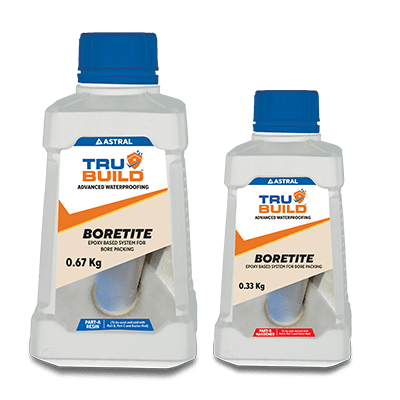Why Grout Discoloration Happens and How to Prevent It?
Jul 11, 2025
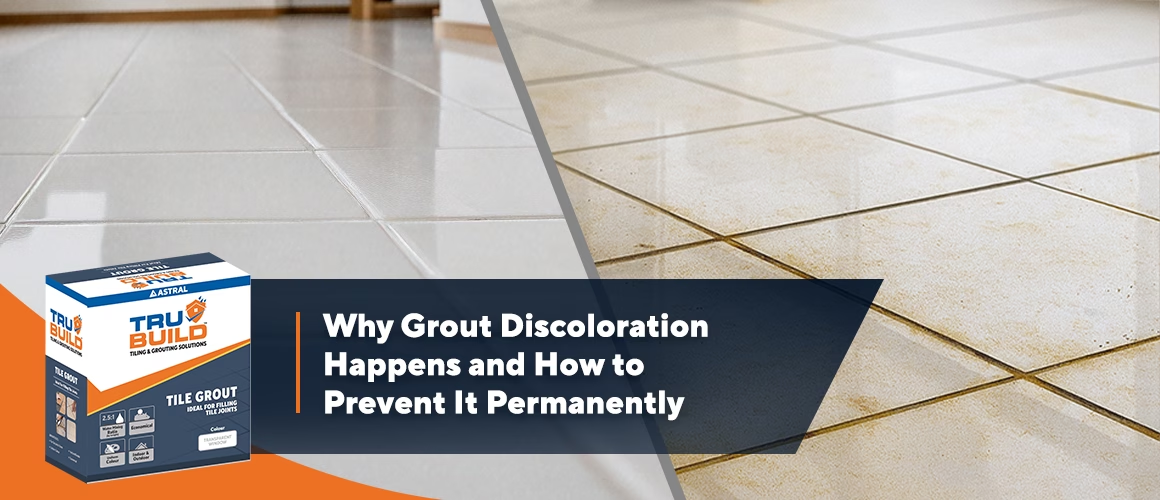
Have you ever looked at your once-pristine bathroom tiles and wondered where those unsightly dark lines came from? If you have noticed yellowed, stained or blackened grout lines that make your beautiful tiles seem old, you are looking at grout discolouration. Understanding why grout changes colour and how to stop it happening can save you time, money and endless scrubbing.
Grout discolouration is caused by moisture, dirt, mould, and improper cleaning. Grout absorbs moisture, leading to softness and stubborn stains. Dirt from spills seeps into grout, becoming tough to remove. Mould and mildew thrive in damp areas, while harsh cleaners damage grout, making it more porous. Sunlight can cause fading or yellowing, and improper installation, such as excessive water or lack of sealing, worsens discolouration.
To prevent grout discolouration, take measures like sealing grout, regular cleaning with pH-neutral cleaners, proper ventilation, prompt spill cleanup, avoiding harsh chemicals, and following correct installation practices.
In this guide, we will explore the common reasons behind grout discolouration and share proven solutions, including advanced epoxy tile grout options, that keep your tiled surfaces looking fresh for years.
What are the Main Causes of Grout Discolouration?
-
Moisture and Humidity
Moisture is the biggest enemy of traditional grout. Because grout is naturally porous, it acts like a sponge, soaking up water from spills, cleaning and even humidity in the air. This constant moisture exposure leads to several problems: grout becomes soft and crumbly, white powdery deposits (called efflorescence) appear and persistent stains develop that refuse to budge.
-
Dirt and Stains
Grout lines seem to attract dirt and grime like magnets. When spills happen, whether it is coffee in the kitchen or soap scum in the bathroom, liquids can flow into porous grout if not cleaned immediately. Once absorbed, these stains become incredibly difficult to remove, even with vigorous scrubbing.
-
Mould and Mildew
Damp, poorly ventilated areas create perfect breeding conditions for mould and mildew. These unwelcome guests do not just create ugly, dark stains; they can also pose health risks to your family. Mould spores thrive in the moist environment that traditional grout provides, especially in corners and areas where air circulation is limited.
-
Improper Cleaning Products
Here is something many people do not realise: using the wrong cleaning products can make grout discolouration worse. Harsh chemicals like bleach, ammonia or acidic cleaners can damage grout, making it more porous and vulnerable to future staining. Over time, these products strip away grout’s natural protective qualities, creating a cycle where cleaning becomes increasingly difficult.
-
Sunlight
Direct sunlight might seem harmless but UV rays can cause certain types of grout to fade or yellow over time. This is particularly noticeable with lighter-coloured grout, which can develop an uneven, weathered appearance that makes your entire tiled area look aged.
-
Improper Installation
Sometimes grout problems start before you even move in. If grout is installed before the underlying surface is completely dry, mixed with too much water or left unsealed, it becomes prone to premature discolouration. Poor installation practices leave grout defenceless against moisture and stains from day one.
How Can You Prevent Grout Discolouration?
-
Sealing:
A high-quality sealer creates a barrier that prevents moisture and stains from penetrating grout lines. While sealing is important for traditional cement-based grout, it is worth noting that modern epoxy tile grout solutions often come with built-in protection that reduces the need for regular resealing.
-
Regular Cleaning:
Establish a simple cleaning routine using pH-neutral cleaners specifically designed for tiles and grout. Regular gentle cleaning prevents buildup that leads to stubborn stains.
-
Proper Ventilation:
Use exhaust fans during and after showers, open windows when weather permits and ensure air can circulate freely around tiled areas. This simple step reduces humidity levels and discourages mould growth.
-
Prompt Spill Cleanup:
Speed matters when it comes to spills. Whether it is red wine on kitchen tiles or shampoo in the shower, cleaning up immediately prevents liquids from soaking into grout and causing permanent stains.
-
Avoid Harsh Chemicals:
Steer clear of bleach, ammonia, acidic cleaners or products with strong dyes. Instead, opt for gentle, pH-neutral cleaners that clean effectively without damaging the grout.
-
Sunlight Protection:
Where possible, use blinds, curtains or UV-protective films to limit direct sunlight exposure on tiled surfaces. This is particularly important if you have light-coloured grout that is susceptible to UV damage.
-
Proper Installation:
If you are planning a tiling project, ensure that the professional follows the manufacturer’s guidelines precisely. This includes allowing adequate drying time, using the correct water ratios and applying proper sealers for long-lasting results.
What Products Help to Maintain the Grout Colour?
For ultimate protection against discolouration, epoxy grout represents a significant advancement over traditional options. Unlike standard cement grout, epoxy tile grout is formulated from epoxy resins and hardeners, creating a surface that is highly resistant to stains, water and chemicals. This makes epoxy for tiles an excellent choice for kitchens, bathrooms and commercial spaces.
Astral Trubuild Stain Free Epoxy Grout stands out as a premium solution designed specifically for ceramic, vitrified and stone tiles. This epoxy grout for tiles is pre-packed and offers several key advantages:
- Superior stain resistance that keeps grout looking fresh
- Complete water and chemical resistance for long-term durability
- Anti-fungal properties that prevent mould and mildew growth
- Wide colour range to complement any design scheme
When Should You Call a Professional for Grout Issues?
Consider calling in the experts if you notice:
- Persistent stains or mould that resist regular cleaning efforts
- Cracked, crumbling or missing grout sections
- Loose tiles or visible moisture damage beneath the surface
- Widespread grout discolouration affecting large areas
Professional tile and grout specialists have access to industrial-grade cleaning equipment and specialised products. They can also assess whether tile epoxy grout would benefit your specific situation and provide expert installation for optimal results.
Grout discolouration might be common but it is entirely preventable with the right approach. With the right products like tile epoxy grout, proper maintenance and a proactive approach, your home’s tiles and grout can remain pristine and vibrant for years to come.
FAQs
-
Can I bleach grout to remove stains?
While bleach can remove some surface stains from grout, it is not the best solution for long-term grout care. Frequent use of bleach can weaken the grout, cause colour fading and even damage surrounding tiles. For tougher stains, consider using safer alternatives or upgrading to tile epoxy grout, which is more resistant to staining and easier to maintain than traditional grout.
-
How long does grout sealer last?
Grout sealer typically lasts between one and three years, depending on the type of sealer and the amount of foot traffic or moisture exposure. In areas with heavy use, resealing every year is advisable. If you want a more durable and long-lasting solution, consider epoxy grout or epoxy for tiles, as these options do not require sealing and provide excellent protection against stains and moisture.
-
Is epoxy grout better for preventing discolouration?
Yes, epoxy grout is highly effective at preventing discolouration. Unlike traditional grout, epoxy tile grout is non-porous, making it resistant to stains, moisture and harsh cleaning chemicals. This makes epoxy for tiles an excellent choice for areas prone to spills or heavy use, as it maintains its colour and appearance for years with minimal maintenance.


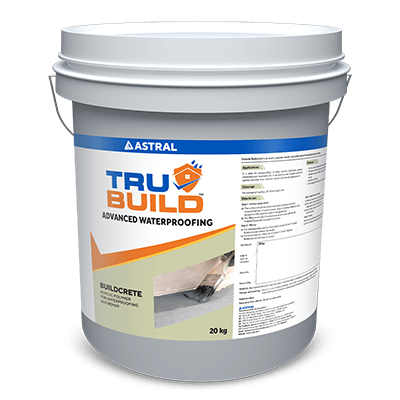
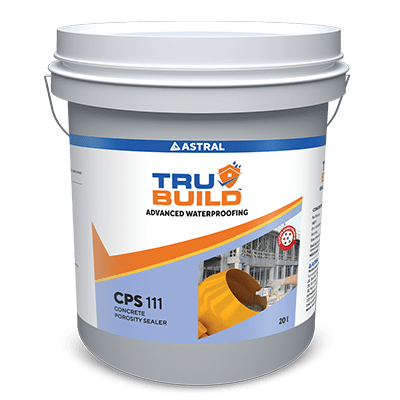
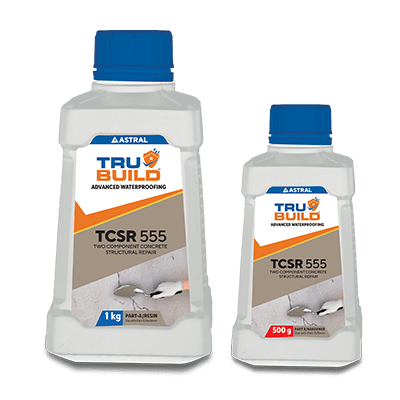
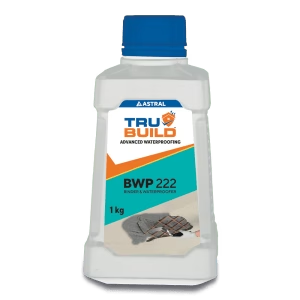
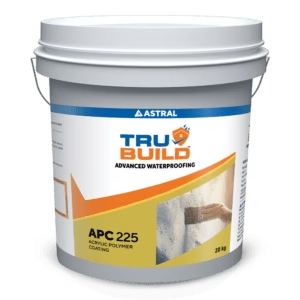
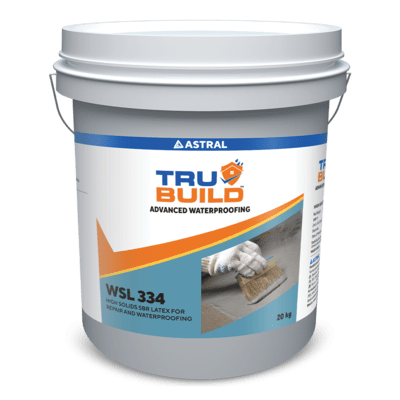
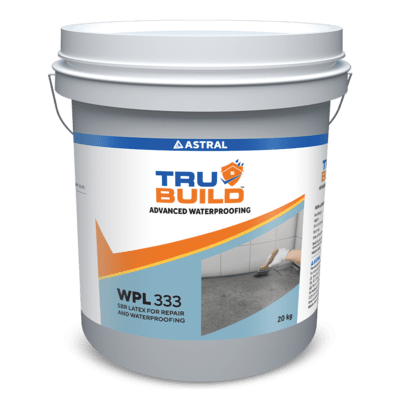
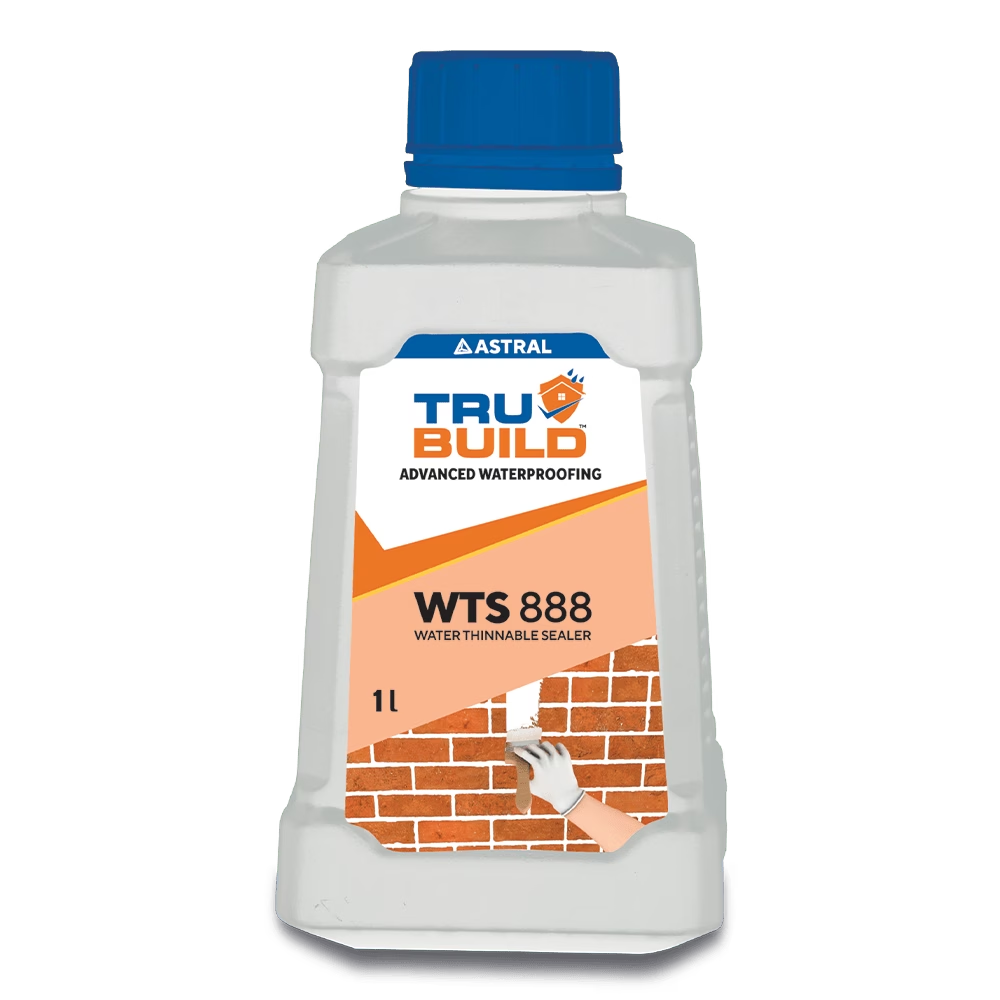
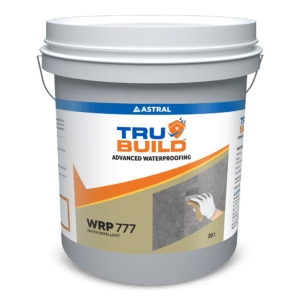
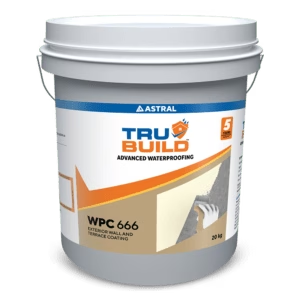
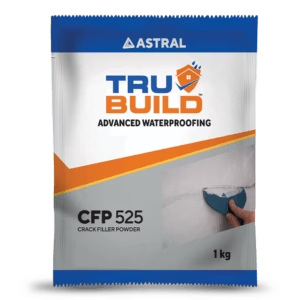
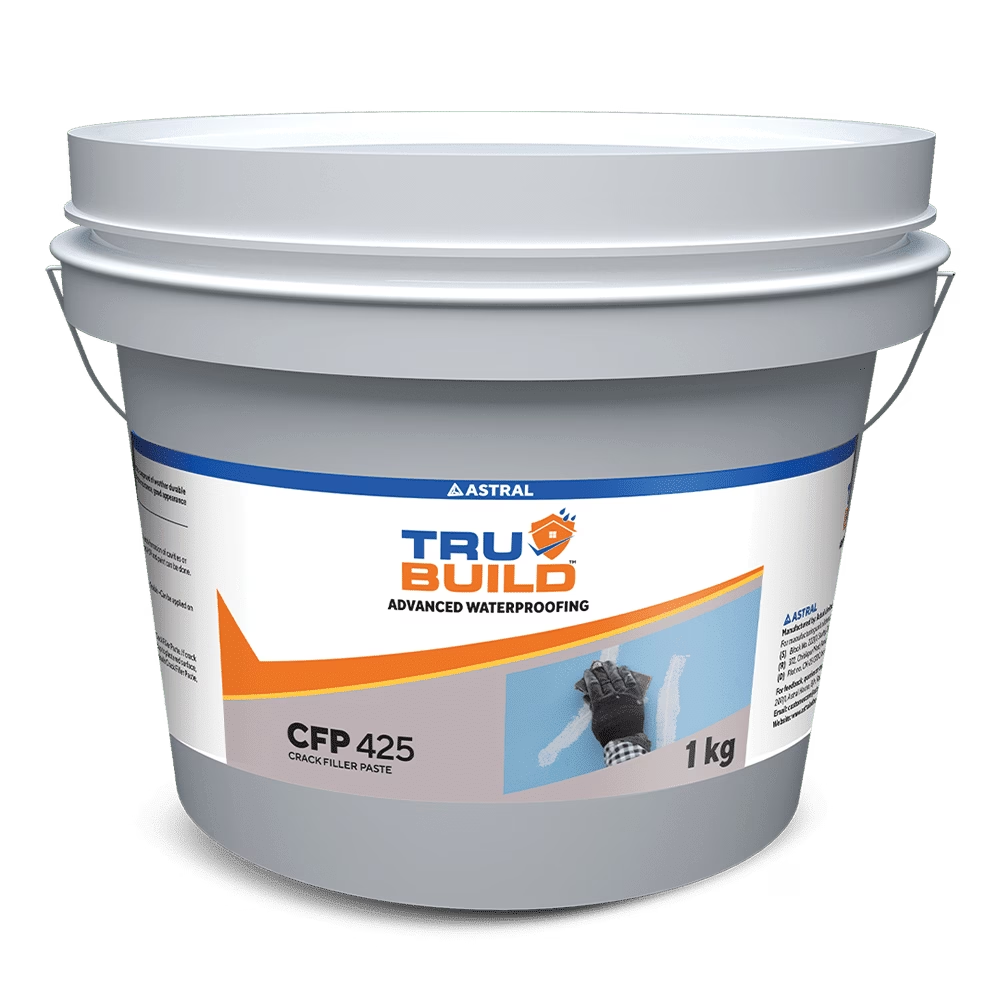
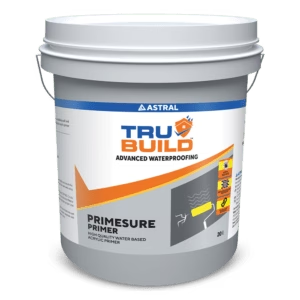
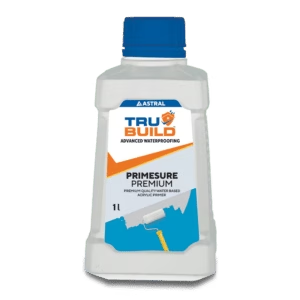
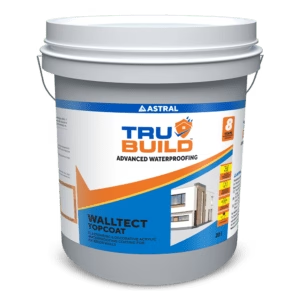
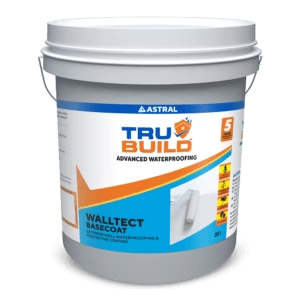
 Professional Sealants
Professional Sealants 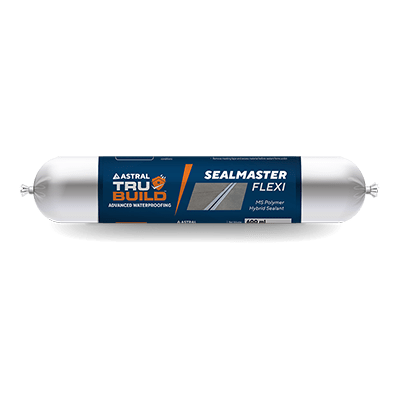
 Roof Waterproofing
Roof Waterproofing 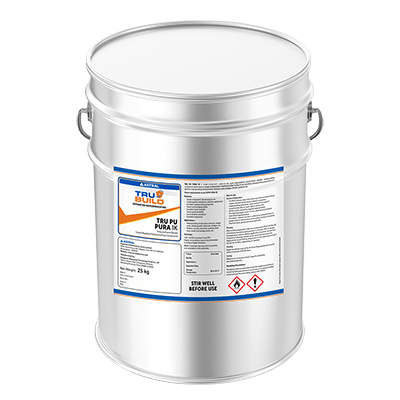
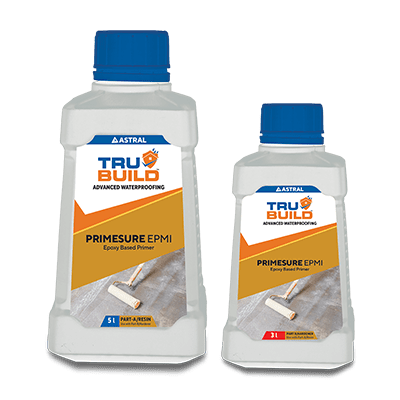
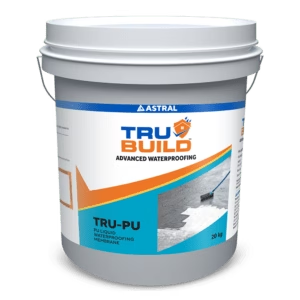



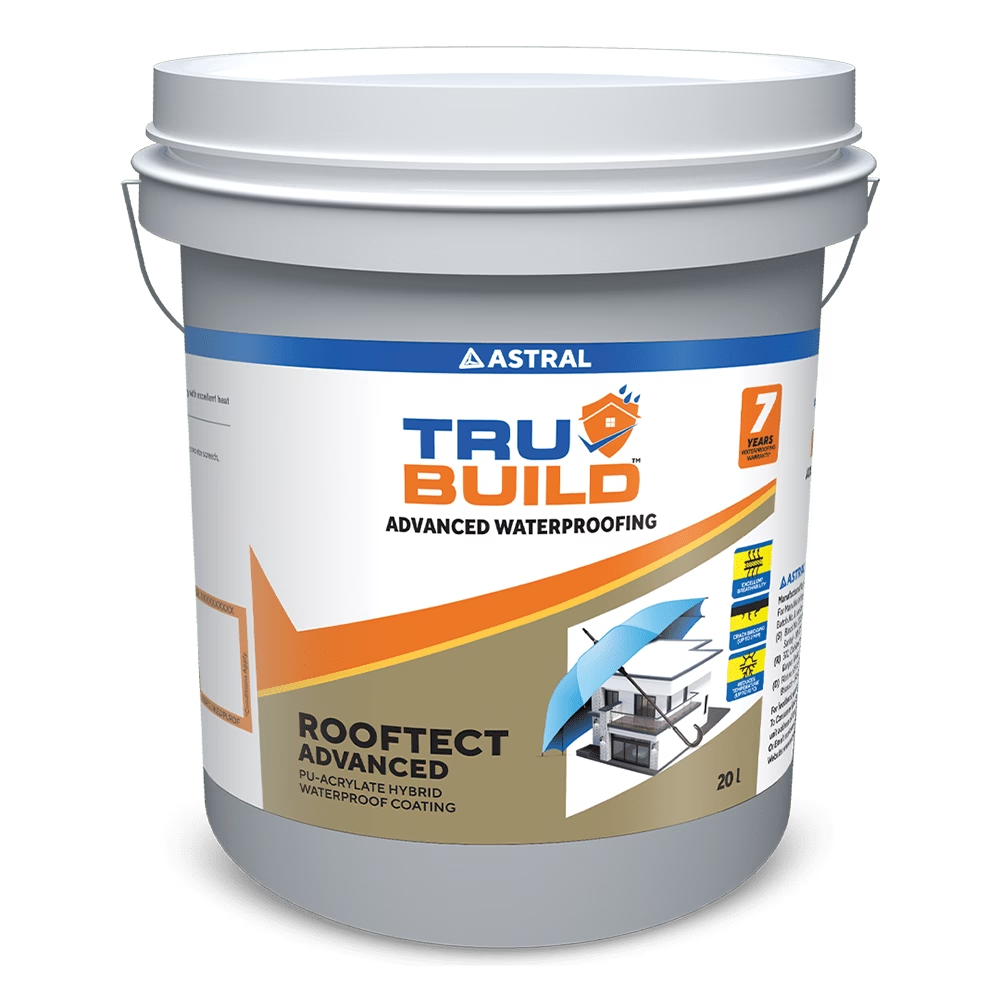
 Substructure Waterproofing
Substructure Waterproofing  Tiling and Grouting
Tiling and Grouting 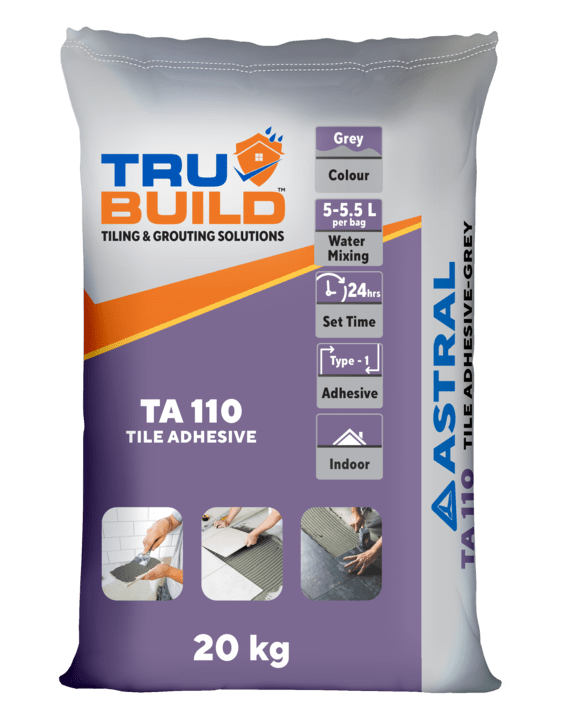
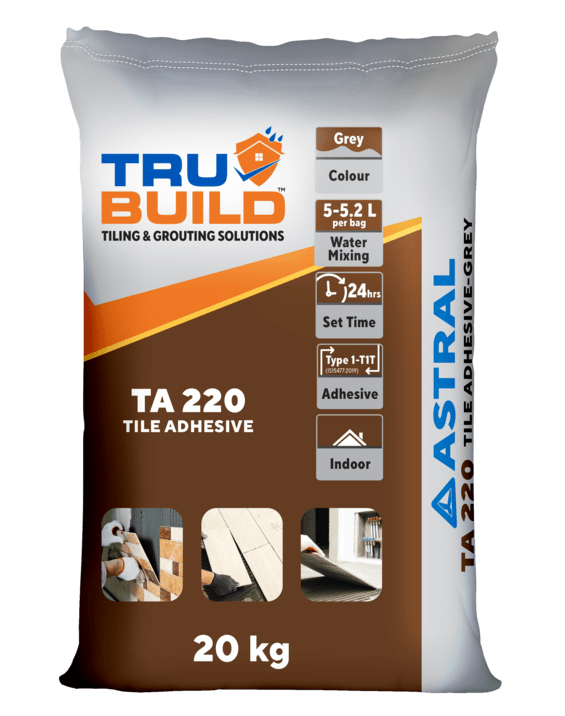
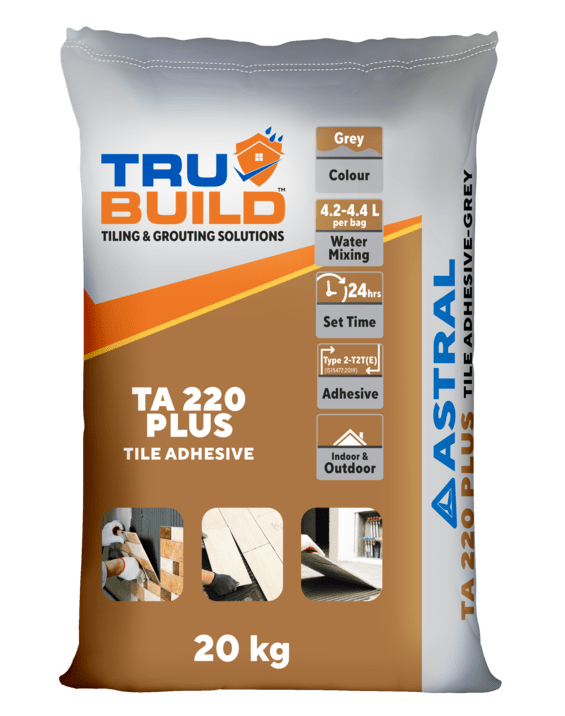
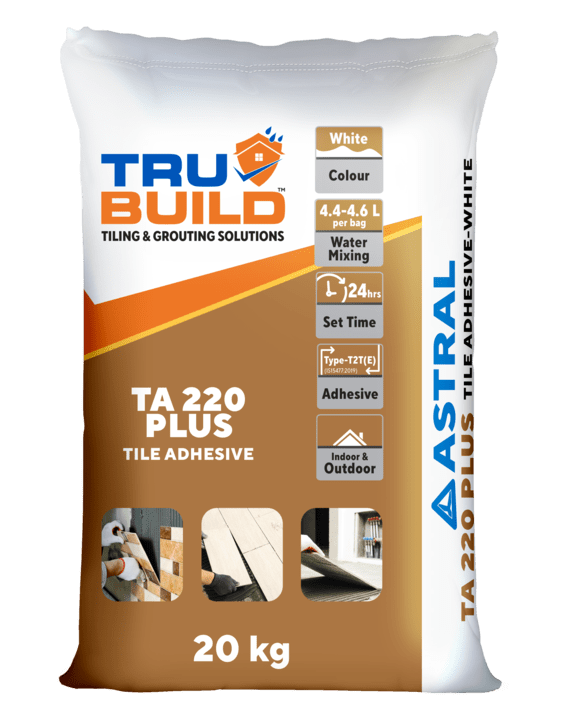
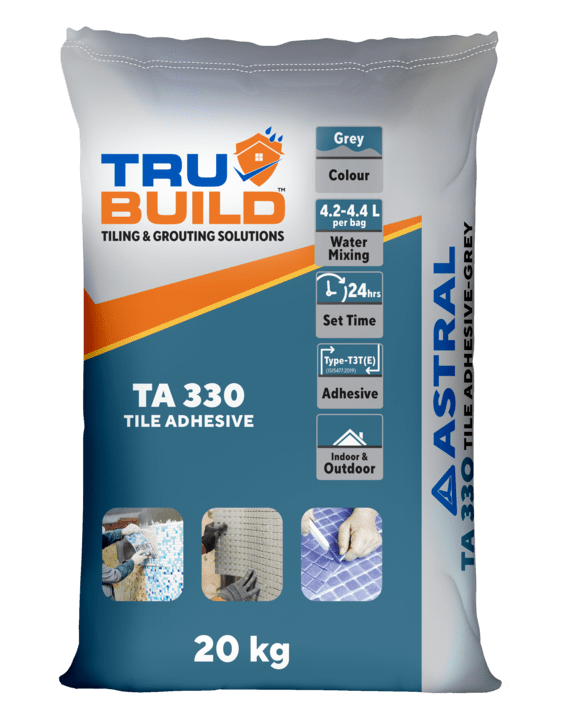
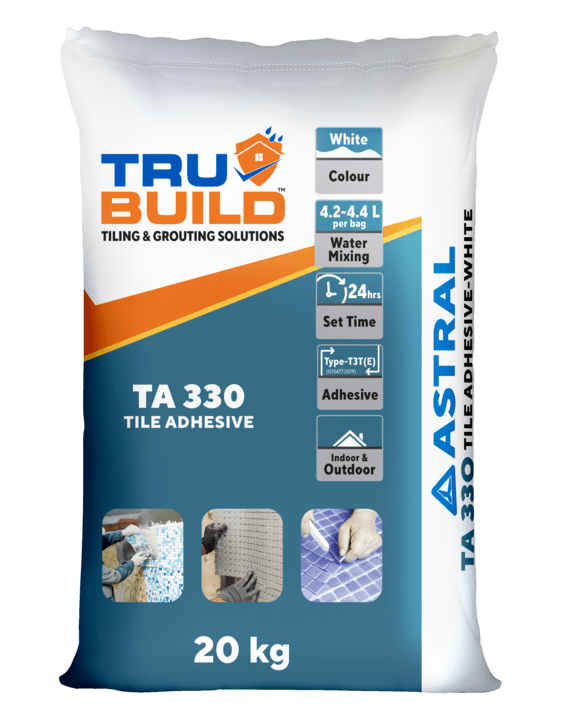
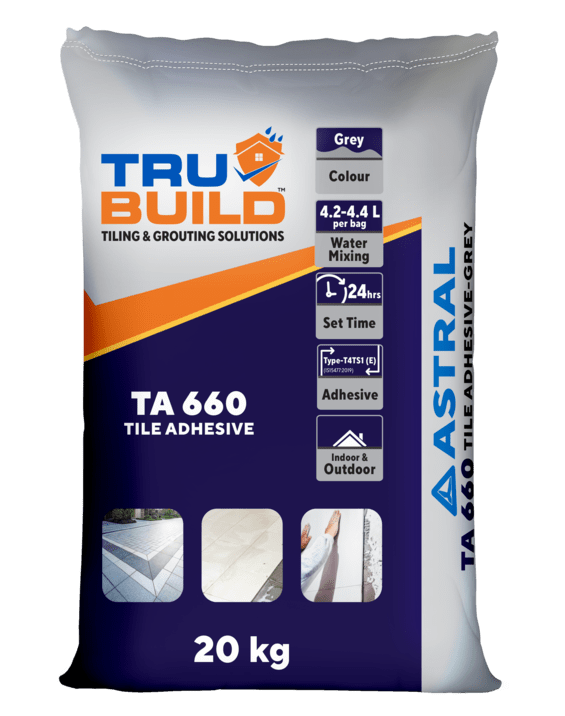
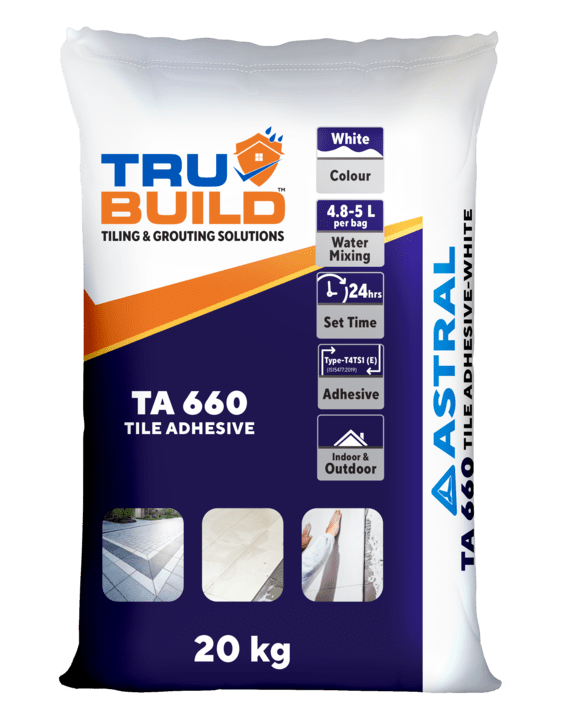
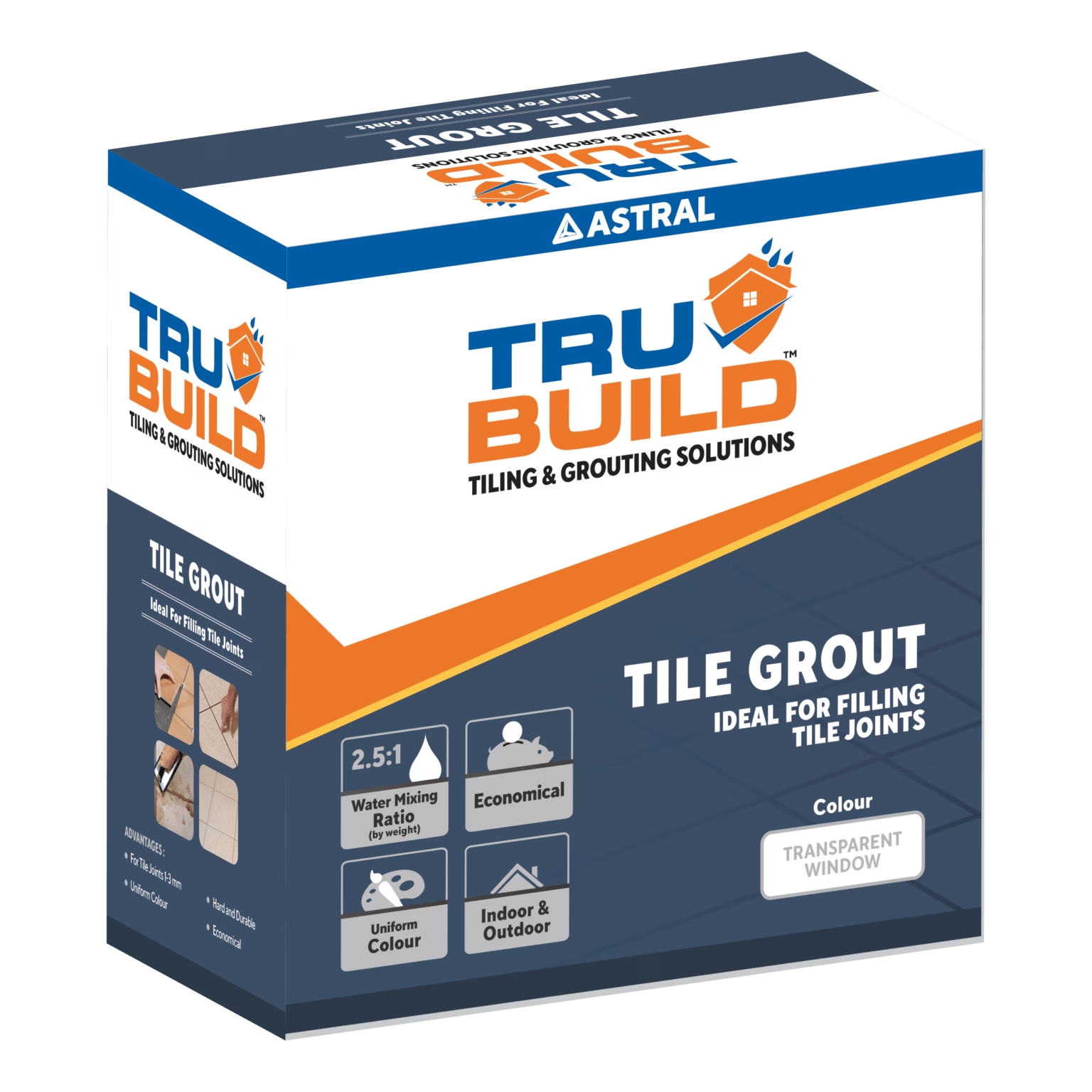
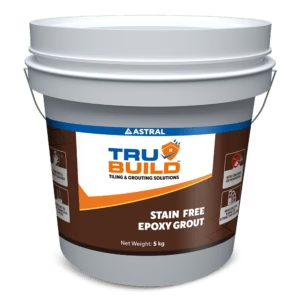
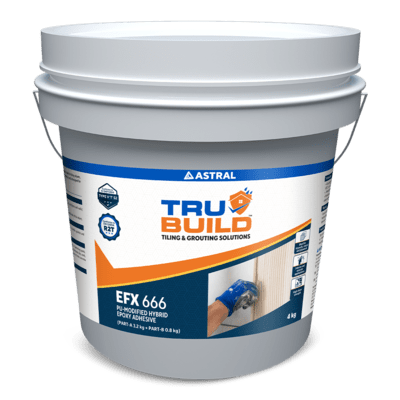
 Water Tanks and Other Areas
Water Tanks and Other Areas 